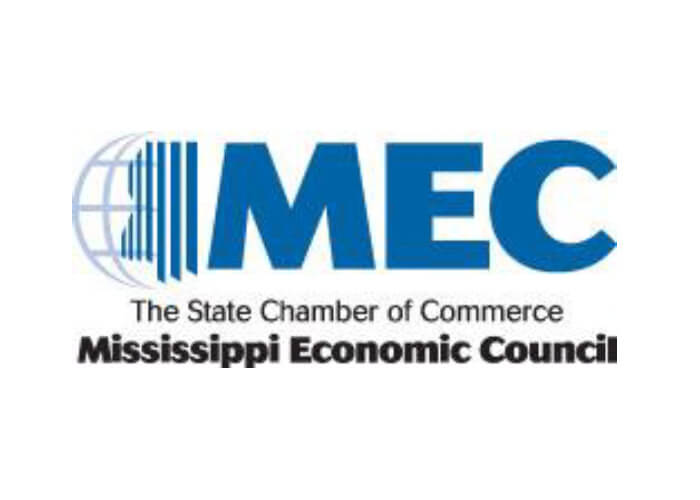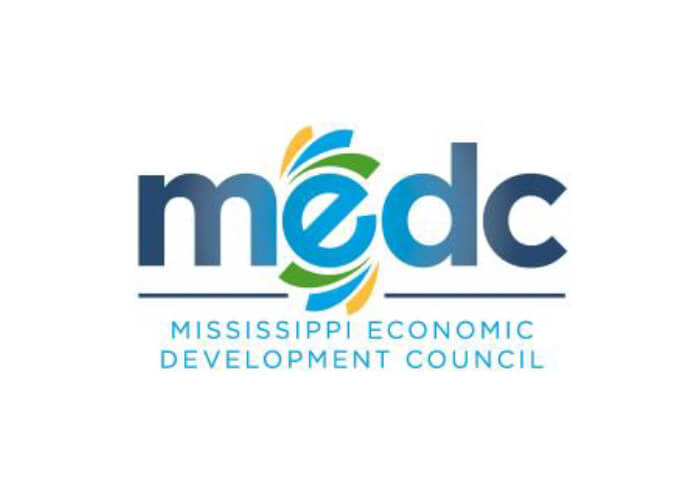


Urgency Drives More Than 1,000 Small & Large Businesses Survey Responses in 72 Hours
Input Shared with Governor’s Economic Recovery Commission and Legislative Leadership
JACKSON, May 5, 2020 – Financial worries, uncertainty about COVID-19 recurrence, employee resources and consumer confidence top the list of concerns reported by more than 1,000 business decision-makers surveyed across the state.
The joint survey was conducted by the Mississippi Economic Council, Mississippi Manufacturers Association and Mississippi Economic Development Council to gain insight from business leaders and owners. More than 1,000 respondents representing a wide cross section of sectors and all geographic regions of the state answered questions regarding COVID-19 and its impact.
Nearly 88 percent of Mississippi business leaders report their operations have been negatively impacted by the COVID-19 pandemic, with 64 percent reporting revenue drops of up to 60 percent.
Sixty percent of the organizations were considered essential, and 60 percent also were small businesses. The research was conducted by Godwin, a Jackson-based communications and research firm, in late April.
When asked about concerns regarding COVID-19, nearly 45 percent of the respondents voiced business and financial trepidations, including financial impact on operations and capital, decreased consumer confidence and spending, lower productivity and even going out of business. Twenty-two percent surveyed expressed anxiety over the quarantine period and uncertainty of COVID-19 outbreaks in the future.
“The survey quantifies that COVID-19 had – and continues to have – a sweeping impact on our economy and state’s business climate, from large manufacturers to Main Street,” said Scott Waller, president and CEO of the MEC, the State’ Chamber of Commerce. “While everyone is eager to get back to work, there is concern of what the future brings and providing resources for our workers.
“Another telling sign of the survey is the strong response. Without question, business leaders want their voices heard and for all stakeholders to realize the sense of urgency.”
Additional key findings from the survey include:
• 47 percent of the total respondents reported current employment decreases, with a further 42 percent stating no impact on staffing to date (not yet making staff adjustments, either number or hours or both)
• 47 percent of the total respondents reported current employment decreases, with a further 42 percent stating no impact on staffing to date (not yet making staff adjustments, either number or hours or both)
• 70 percent expect additional revenue losses over the next 30 to 60 days and 46 percent anticipate staff reductions in the next 30 to 60 days
• 71 percent have placed restrictions on employees entering workplace, and 84 percent are restricting non-employees entering the workplace
•49 percent said none of their employees can work remotely
• 37 percent of the organizations reported receiving benefits from the stimulus program
“It is crystal clear from these survey responses that many of our businesses face incredible uncertainty because of this unprecedented health and economic crisis,” said John McKay, president and CEO of MMA. “This information should help our state’s leaders craft solutions that will be most impactful for our struggling businesses as we look to reopen our economy.”
Beyond business concerns, employers say that employees remain a top priority with concern for the need for employee support, retaining staff and the challenges of hiring furloughed workers when business reopens.
“Data and feedback are critical as the Governor’s Commission and the state move forward in developing a plan for economic recovery,” said Mary Swoope, executive director of the MEDC. “Our professional economic developers and chamber of commerce executives were eager to utilize their network of business contacts to quickly collect information about the impact the pandemic has had on our existing employers. I am pleased MEDC can be part of this collaboration and helping our state’s economy to recover.”

